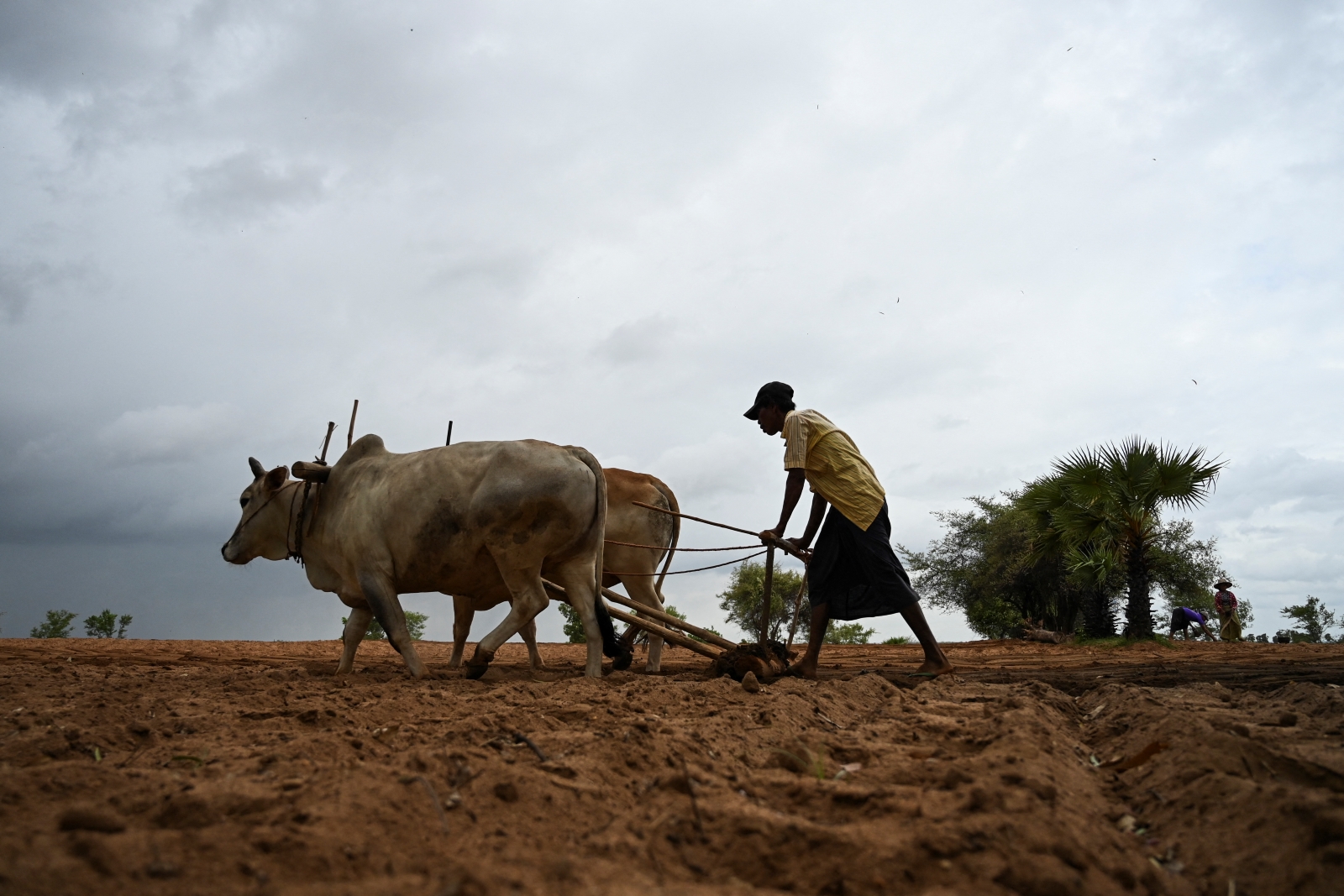What can be done to prevent an overheating economy from igniting?
Economic growth often seems to be the Holy Grail. But growth does not always equal wealth and it does not necessarily mean that everyone will benefit equally.
Last week the International Monetary Fund published its latest Article IV report on Myanmar. In it, the authors predict that Myanmar’s economy will grow by 8.5 percent in 2015. With the growth rate standing at 4 percent in October 2014, the economy is accelerating, the IMF writes.
The bad news is that inflation is rising to 13 percent by the end of the year, and that the fiscal account deficit will rise to 5.5 percent of GDP, and the current account deficit to 6 percent of GDP. The economy can’t keep up with excessive government spending and is on the verge of overheating.
The economists also warn that the sliding oil price will hurt revenue.
What can be done to prevent an overheating economy from igniting? The IMF advises stricter monetary policies to keep the kyat in check, though the most pressing problem lies in faltering tax collection and the money printing needed to keep up with government spending.
Support more independent journalism like this. Sign up to be a Frontier member.
The tax base in Myanmar is among the lowest in the region. When tax revenues fall short, money creation is the only way out if the government wants to see its ambitions materialise. The result is a spiral of rising prices and wages that balance each other out, meaning purchasing power remains roughly the same.
The Myanmar people are not reaping the benefits of the considerable economic growth that has been achieved in recent years. They have more money in their hands, but that bundle of kyats is not worth much more. One would think that the inability of the government to guide the economy into more stable waters offers an excellent platform for opposition parties to run on.
What is interesting in the IMF report is that the authors chose to tout the positives – growth – and downplay the negatives.
Notably the report makes no mention of the elephant in the room: the army.
In 2014, Myanmar spent 23.2 percent of its national budget on the military spending, the highest in the region. The National Defense and Security Council, which is dominated by the army, sets the budget, effectively sidestepping parliamentary checks and balances. A recent shopping spree aimed at modernising the army is putting increasing pressure on the national budget, while key sectors like education and health have to make do with a pittance.
The IMF also adopts a rosy view on the financial sector by assuming that a new banking law will be in place to guard the sector against the instability that has recently riddled it. One wonders if this law will indeed materialise and if the banks will adhere to the directives sent their way.
The mere fact that bills are written, passed through parliament – albeit slowly – and enacted does not mean that they are necessarily effective or adhered to. In Myanmar, the contrary is often true.
Baron von Munchhausen might have been able to lift himself by his own hair but he was a fictional figure, and a rather eccentric one at that. The Myanmar government cannot perform the same trick by switching on the money printing process, in the same way that more efficient tax collection, which decreases purchasing power but can be effective in distributing money more fairly through social services and could bene t the poor, is not the only answer.
In the long run, political, monetary and nancial stability, as well as a welcoming well-regulated business climate, are important in that they attract foreign investment and help keep money in the country. Good governance is the ultimate remedy.






